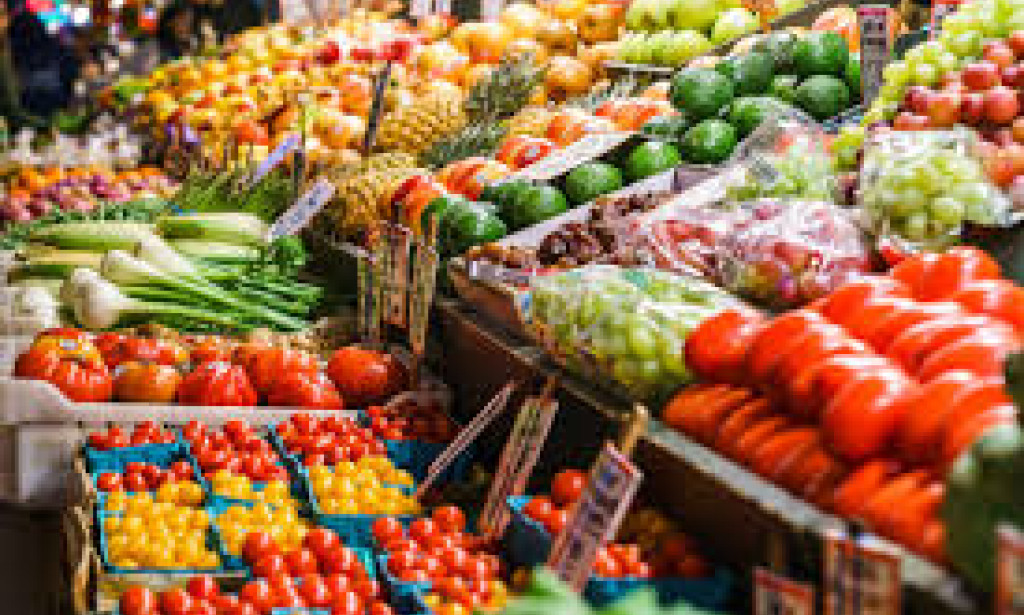Eating fruits and vegetables in season offers numerous benefits for both health and the environment. Seasonal produce, picked at its peak ripeness, provides superior flavor and nutritional value compared to out-of-season alternatives. This is because produce harvested in its natural season is allowed to fully develop its flavor and nutrient content.
From a health perspective, seasonal fruits and vegetables often have higher levels of vitamins, minerals, and antioxidants. For instance, winter squash and citrus fruits in the colder months offer essential nutrients that support immune function, while summer berries and leafy greens provide refreshing hydration and vitamins.
Environmentally, seasonal eating reduces the need for energy-intensive practices like greenhouse growing and long-distance transportation, which contribute to carbon emissions. Supporting local farmers who grow seasonal produce also strengthens the local economy and promotes biodiversity.
Adopting a seasonal eating habit is a simple yet impactful way to enhance your diet's quality and reduce your environmental footprint. By enjoying what nature offers throughout the year, you align your nutrition with the environment’s natural cycles.



You must be logged in to post a comment.